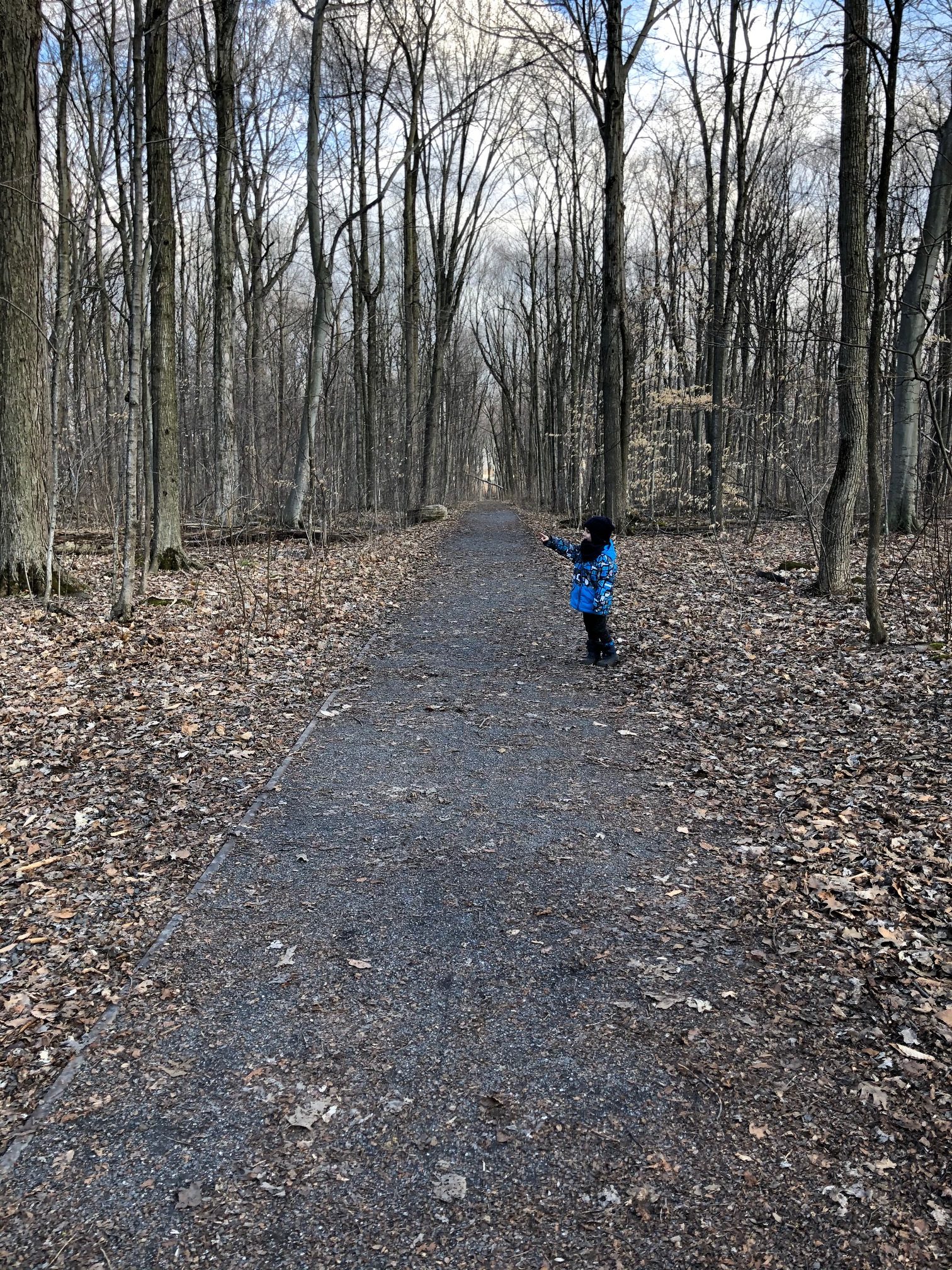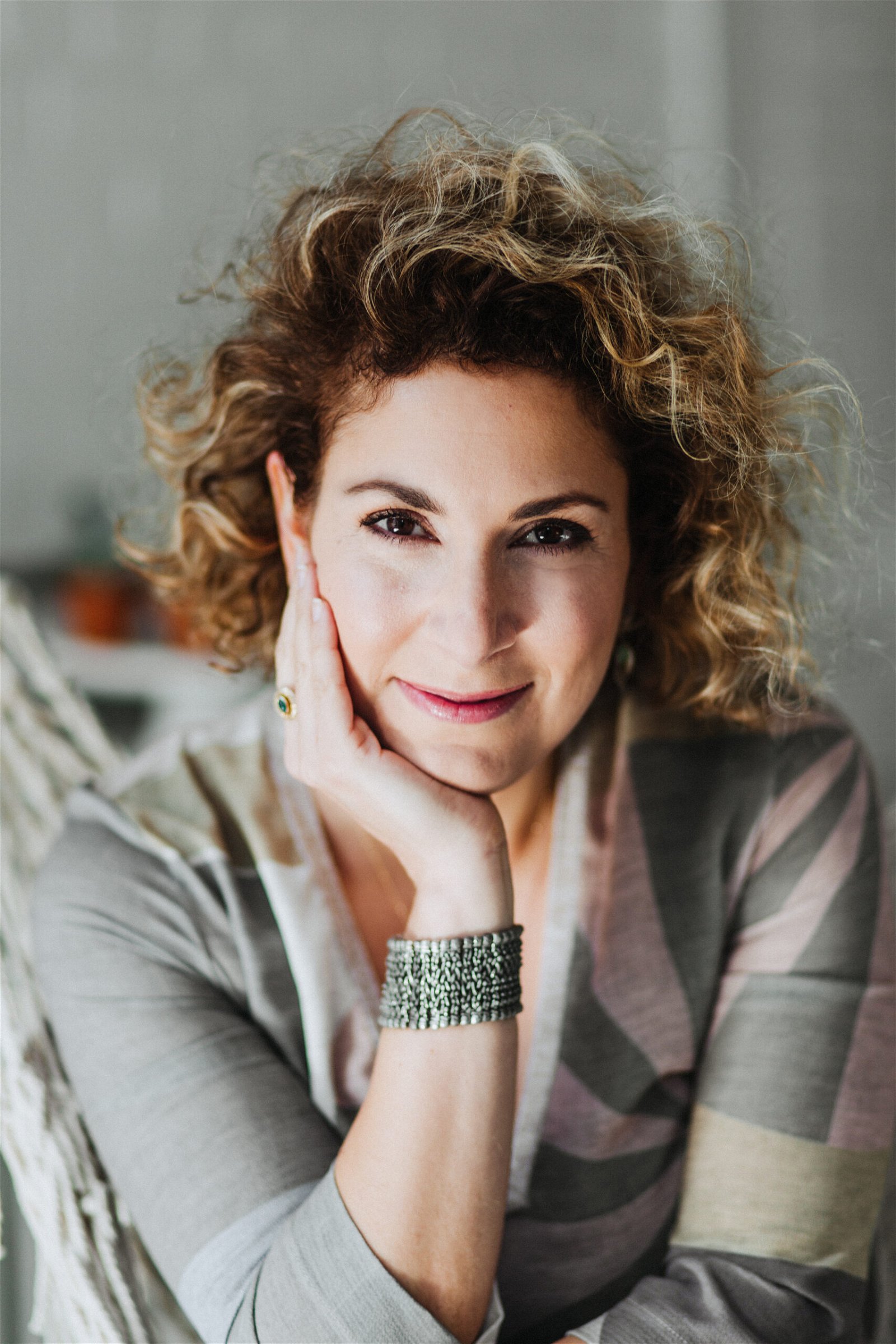The original perpetrators of the Armenian Genocide are now long gone, and so are my ancestors, yet denial still persists. Branches on our family tree never even had the chance to burgeon and grow.
Some of the branches survived against all odds and gave birth to offspring that are moving in new directions, conquering new horizons, because that is what surviving and, especially, thriving are all about.

As April 24 would roll around every year, I would usually feel overly burdened by the idea that I am a descendant of a genocide survivor, and the (un)conscious responsibility that comes with it. I would feel robbed in every way possible, and the pain was only exacerbated by the relentless state denial perpetuated by Turkey, where, even today, it is official policy to condemn and imprison anyone who dares to question or counter denial.
I would feel an unsettling rage swell in me as I helplessly gazed at the degree of atrocities committed and accepted the rampant injustice in the face of unconcealed and manufactured denial.
I used to think that the only way I could begin to heal from the enforced generational trauma is when there was an official recognition on behalf of the government of the perpetrators, a formal apology and reparations.
For some time now, I no longer feel that way. First off, I deeply respect and admire the organizations and the fearless and selfless individuals who have sacrificed everything from their well-being, their families and even their lives to advance the Armenian Cause. This type of work is a massive undertaking that is thankless and utterly exhausting in every way.
While I do firmly believe that work must be conducted to educate younger generations about discrimination, hate and the crime of genocide and that every effort must be made to counter denial of genocide and that reparations must be offered, I am no longer holding my breath. My healing is no longer contingent on an apology, which may or may not come. How can the colossal human and cultural loss that occurred during the Armenian Genocide ever be repaired? My generational wounds are healing on their own, on their own terms, all in good time.
We have so much more to offer the world beyond victimhood. We have modern-day Armenia and Artsakh to stand by, a diaspora to maintain. And yes, of course let us continue our grassroots activism related to the Armenian Cause in ways that open ourselves to society at large, that allow us to embrace and build bridges and solidarity with other groups with similar plights. Let us grow and nurture what we have today for tomorrow.
The Armenian Genocide is a widely documented historical fact, acknowledged by historians and scholars, as well as many nations. It is no doubt part of my identity, however I cannot bring myself to see it as the primary component. There are so many more layers and nuances to us all.
Nevertheless, I have been witness of remnants and fragments of genocide creeping up on me when I least expect it, intruding in a beautiful moment; not stealing it, just adding perspective.
I recall nursing my newborn at some obscene hour like every other night, looking down at him and thinking of mothers who had no milk to offer their children through famine and deportation. I remember walking into the colorful and joyful space of the Armenian daycare for the first time where I had enrolled my son, only to suddenly remember my five year-old grandfather as an orphan and his life in an orphanage after losing his entire family. And when we take long walks at times as a family, I think of the endless walks in the desert and the caravans of vulnerable women and children forced to walk until they so longer could.
Perhaps having become a mother in the past few years has prompted me to perceive healing generational genocide wounds differently. Even though my children are still too young, I often think about how and in what terms I want to address and transmit the genocide of their ancestors to them. While I am still far from having figured out and outlined my approach, I am certain that victimhood, hatred and waiting for an apology will not be part of the equation.



Thank you Lalai for this beautifully written article….and i could not agree more: ”victimhood, hatred and waiting for an apology will not be part of the equation.” . thaht is exactly what I am teaching my children .
Let’s create. Let’s innovate. Let’s inspire…the best we can, through the generations !
Great article as always thanks
I’m in the research phase for writing a historical fiction series on this very subject–the lives our ancestors experienced, those who managed to escape genocide and those who did not, and the impact on the generations that followed (in my case, in America). You have acknowledged a weight borne by we second and third generation survivors, the invisible sense of obligation to those who came before us. Thank you.
Please stop using the word “hate.”
It’s an unfair and inaccurate term to use regarding Armenian views toward Turks and Turkey.
It reduces the Armenian Cause to a mere feeling.
“Hate” is also a word that certain political factions in the US use to describe the beliefs of anyone or anything that those factions disagree with.
Thus, for example, certain street thugs scream that they are against “hate” while at the same time they beat other people senseless in the streets with baseball bats.
The Anti-Defamation League, which has dimininished the Armenian Genocide and colluded with Turkey to defeat Armenian Gneocide resolutions in the US Congress, constantly accuses others of hate, and yet the ADL has the gall to have a program called “No Place for Hate” which some Americans have fallen for because they haven’t bothered to look into the background of the ADL.
The word “hate” tends to be used only by Armenians who are not knowledgeable about the politics and history of the Armenian Genocide, Armenian Cause, and Armenian-Turkish state relations.
Please grow up and knock it off with this “hate” nonsense.